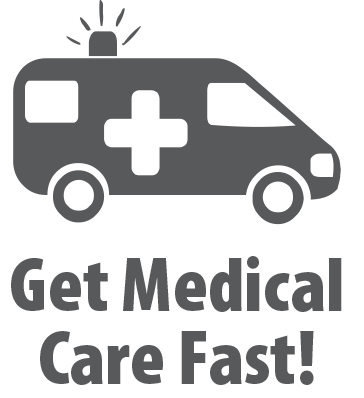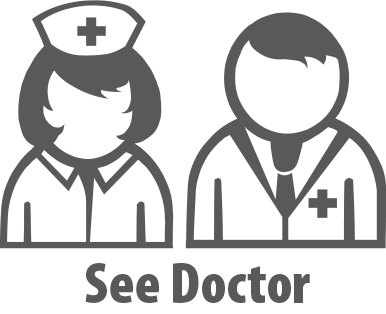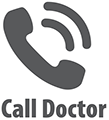Women's Health
Premenstrual Syndrome (PMS)
Four out of 10 menstruating women have premenstrual syndrome (PMS). A syndrome is a group of signs and symptoms that indicate a disorder.
Signs & Symptoms
As many as 150 symptoms are linked to PMS. The most common ones are:
• Abdominal bloating. Weight gain.
• Anxiety. Depression.
• Breast tenderness.
• Fatigue.
• Feelings of hostility and anger.
• Feeling cranky.
• Food cravings, especially for chocolate or sweet and/or salty foods.
• Headache.
• Mood swings.
• Tension.
For some women, symptoms are slight and may last only a few days before menstruation. For others, they can be severe and last the entire 2 weeks before every period. Also, other problems women have, such as depression, may be worse with PMS. This is known as “menstrual magnification.”
Causes
The exact cause or causes for PMS are not known. A female’s response to normal monthly changes in estrogen, progesterone, and testosterone appear to be involved. So do changes in the level of seratonin, a brain chemical. With PMS, symptoms must occur within 2 weeks before the menstrual period and go away shortly after the period begins. Symptoms are not present between days 4 and 12 of the menstrual cycle. True PMS usually stops with menopause.
Treatment
• Self-care measures.
• Regular exercise. This includes 20 minutes of aerobic exercise, such as walking or aerobic dance, at least 3 times a week.
• Medications. These include:
– A water pill called spironolactone.
– An anti-anxiety medicine.
– An antidepressant medicine, such as an SSRI (e.g., fluoxentine or sertraline). This is taken a week or 2 before the menstrual period.
– Birth control pills.
Questions to Ask
Question
01
Do symptoms of PMS, such as anxiety, depression, or anger cause you to want to harm yourself or someone else?

Get medical care without delay. If symptoms are life threatening go to the ER or call 9-1-1. Don’t call 9-1-1 or use the ER if symptoms do not threaten life. Ask your doctor ahead of time where you should go for a problem that needs prompt care, but not emergency care.
x
Question
02
Do PMS symptoms make you feel out of control and unable to function?

You should be seen by your doctor for medical advice. Contact your doctor or health care provider to find out how soon you should be seen.
x
Question
03
Do you still have PMS symptoms after your period starts?

Call your doctor or health care provider and state the problem. He or she can decide what you should do.
x
Question
04
Have self-care measures not brought relief?

Call your doctor or health care provider and state the problem. He or she can decide what you should do.
x
Self-Care / Prevention
• Get emotional support.
• Do aerobic exercises. Swim. Walk. Bicycle.
• Rest. Take naps if you need to.
• Learn to relax. Try deep breathing. Meditate. Do yoga. Take a warm bath. Get a massage.
• Eat carbohydrate-rich foods. Examples are whole grain breads and cereals, fruits, and vegetables.
• Have good sources of calcium, such as skim milk, nonfat yogurt, collard greens, and kale. Choose cereals and juices that have added calcium. Get good sources of magnesium, too. These include spinach; other green, leafy vegetables; and whole grain cereals.
• Try to avoid stress when you have PMS.
• Limit or avoid caffeine, alcohol, and cigarettes 2 weeks before your period is due.
• Limit salt, fat, and sugar.
• If you need to satisfy a food craving, do so with a small serving. For example, if you crave chocolate, have a small chocolate bar or add chocolate syrup to skim milk. If you crave salt, eat a small bag of pretzels.
• The vitamin and minerals listed below seem to help some females with PMS. Ask your doctor if you should take any of them and in what amounts.
– Calcium.
– Magnesium.
– Vitamin E.
Resources
National Women’s Health Information Center

Download an offline pdf file.
RELATED ARTICLES
<
>
2021 © American Institute for Preventive Medicine - All Rights Reserved. Disclaimer | www.HealthyLife.com








